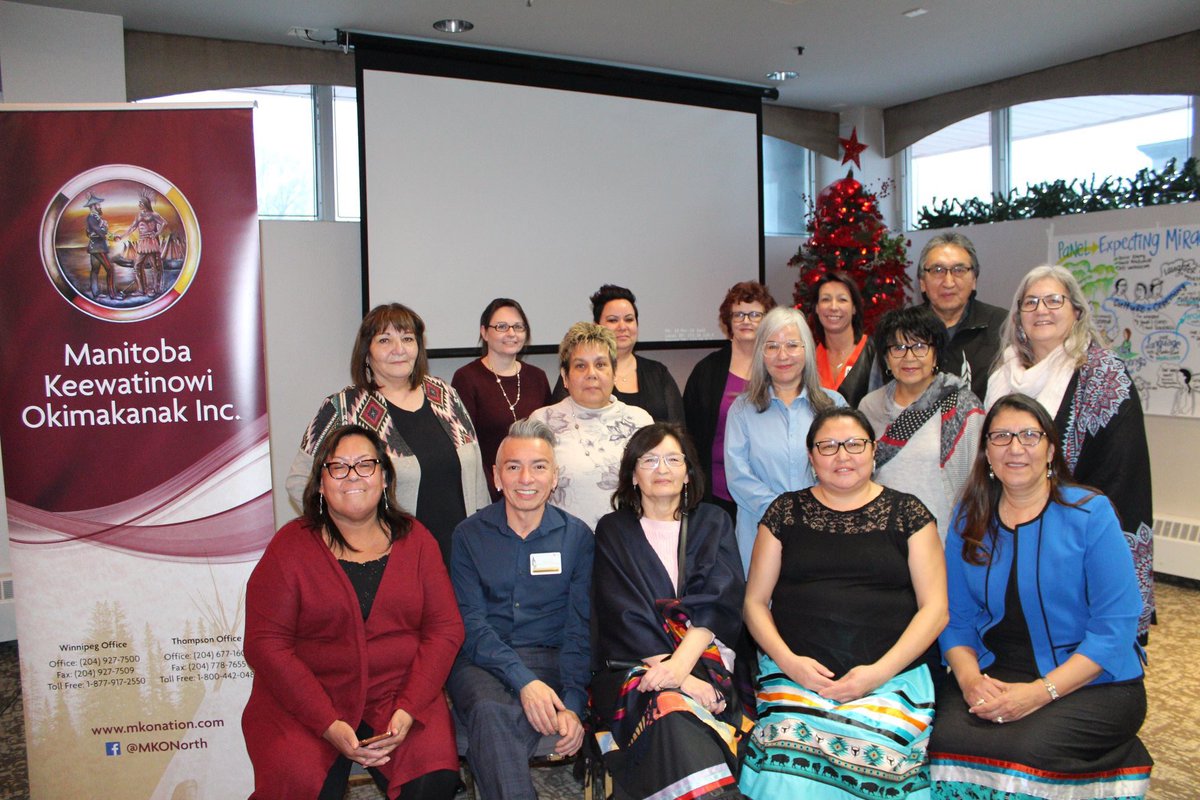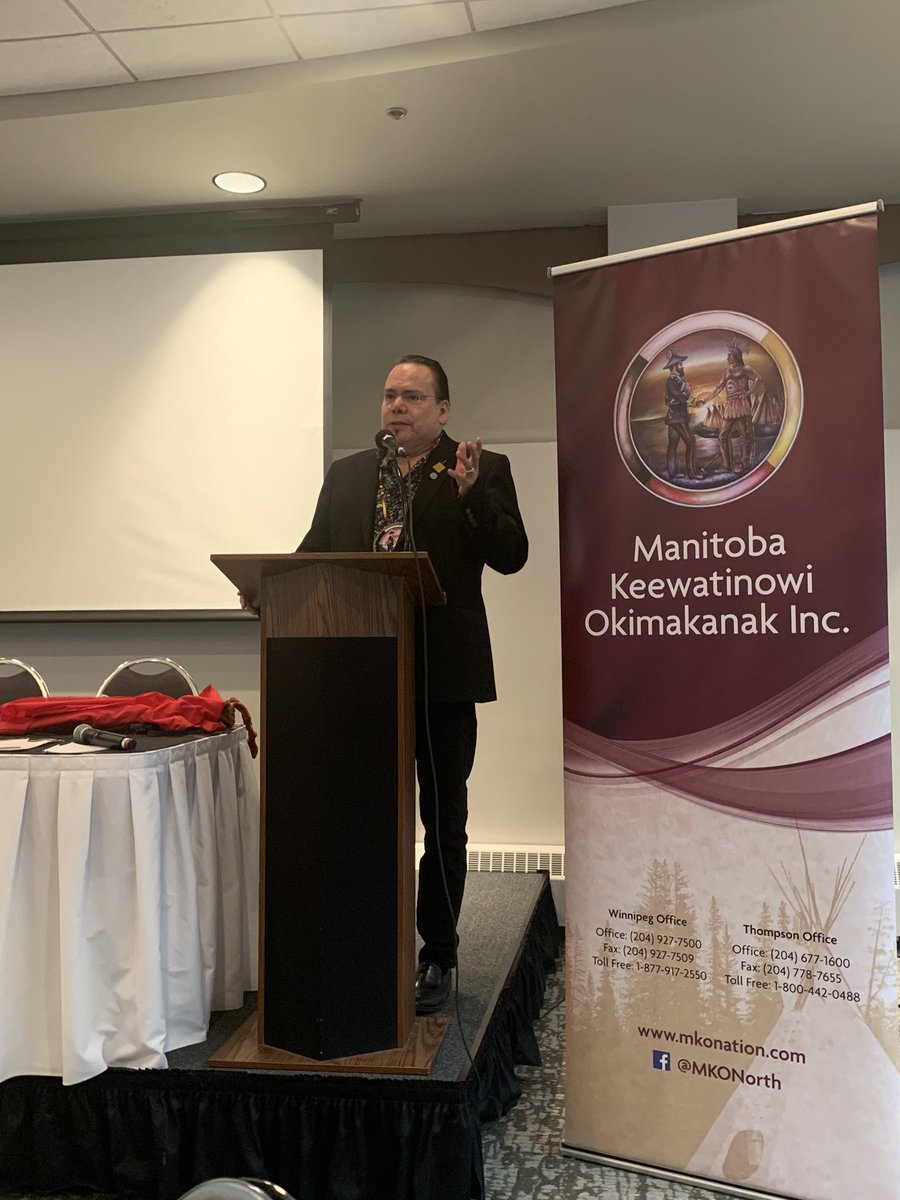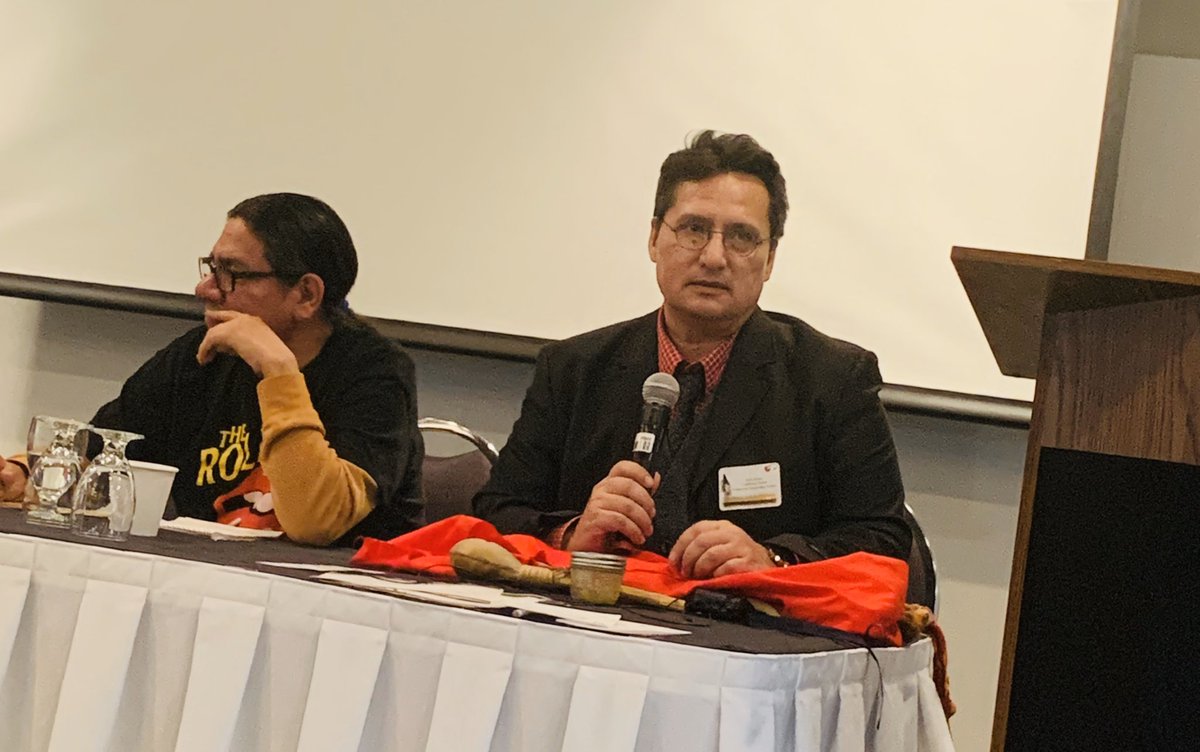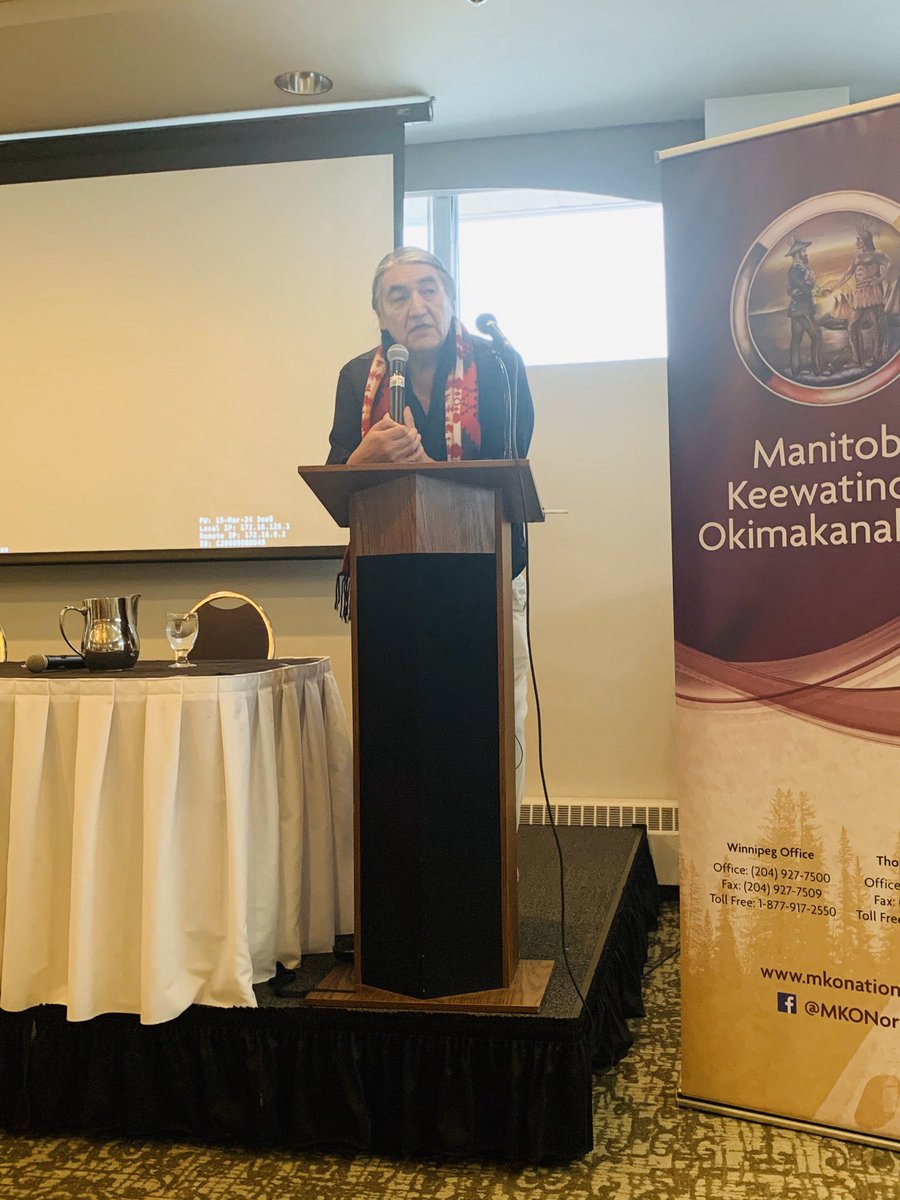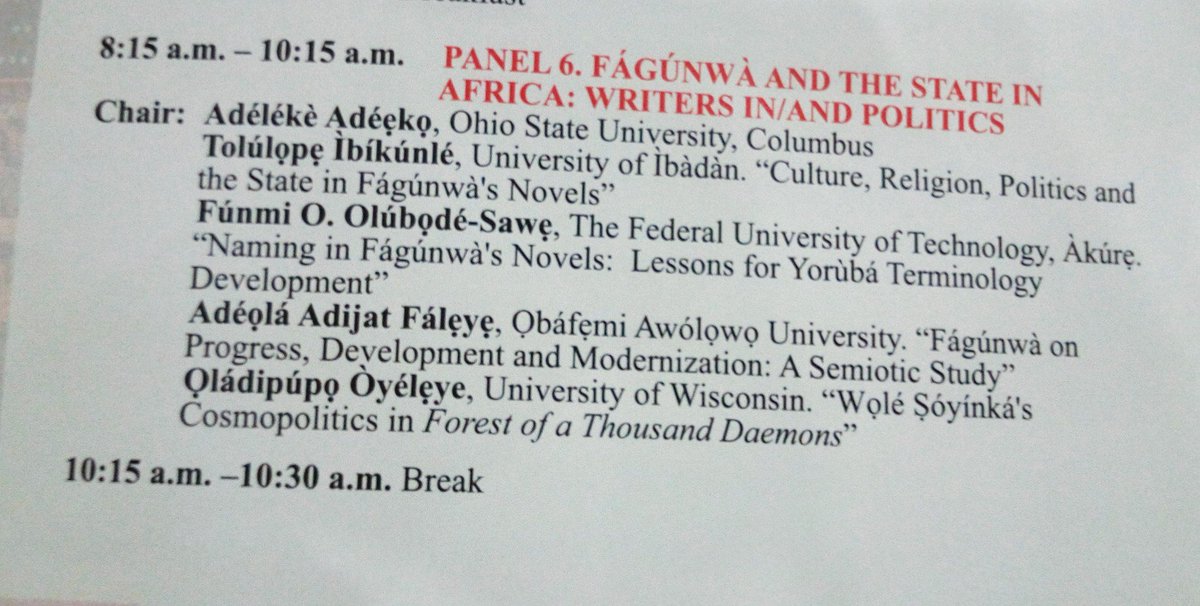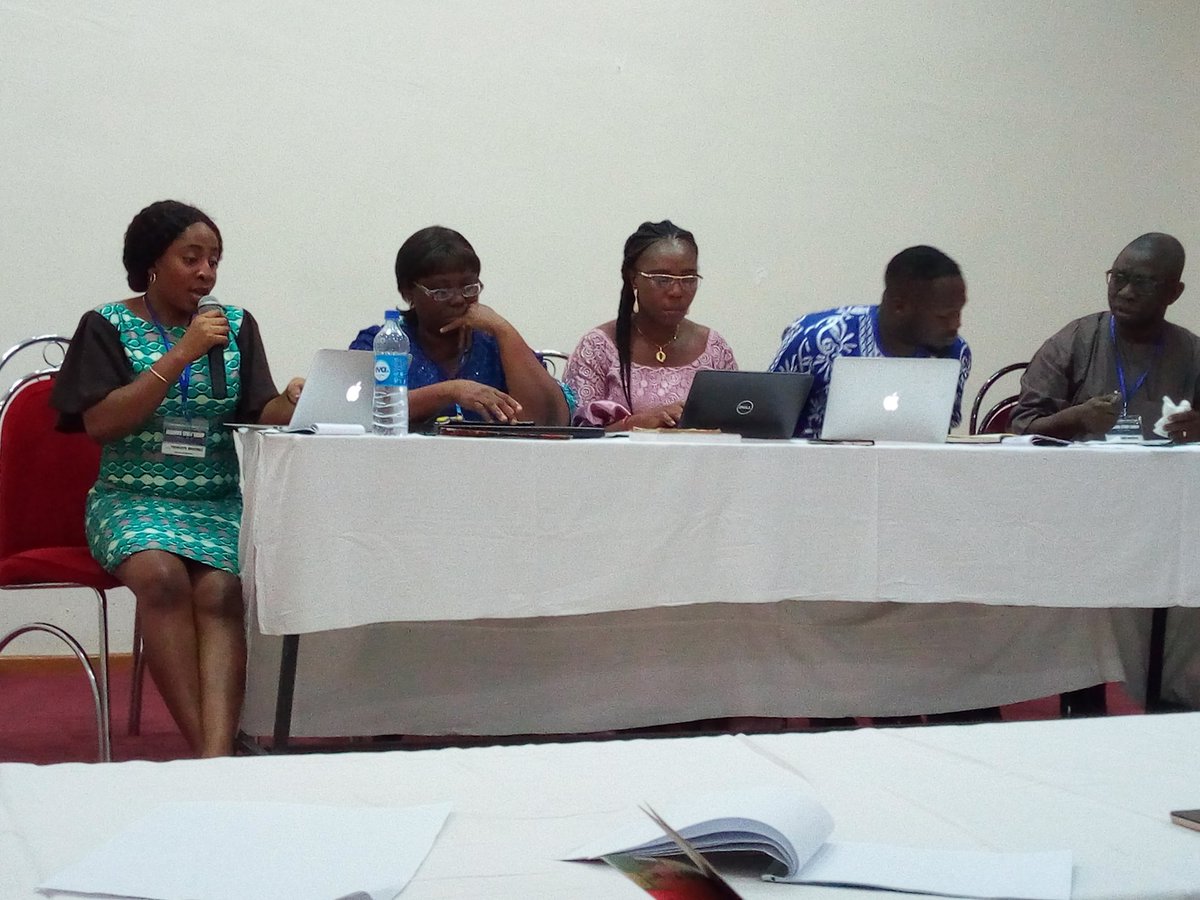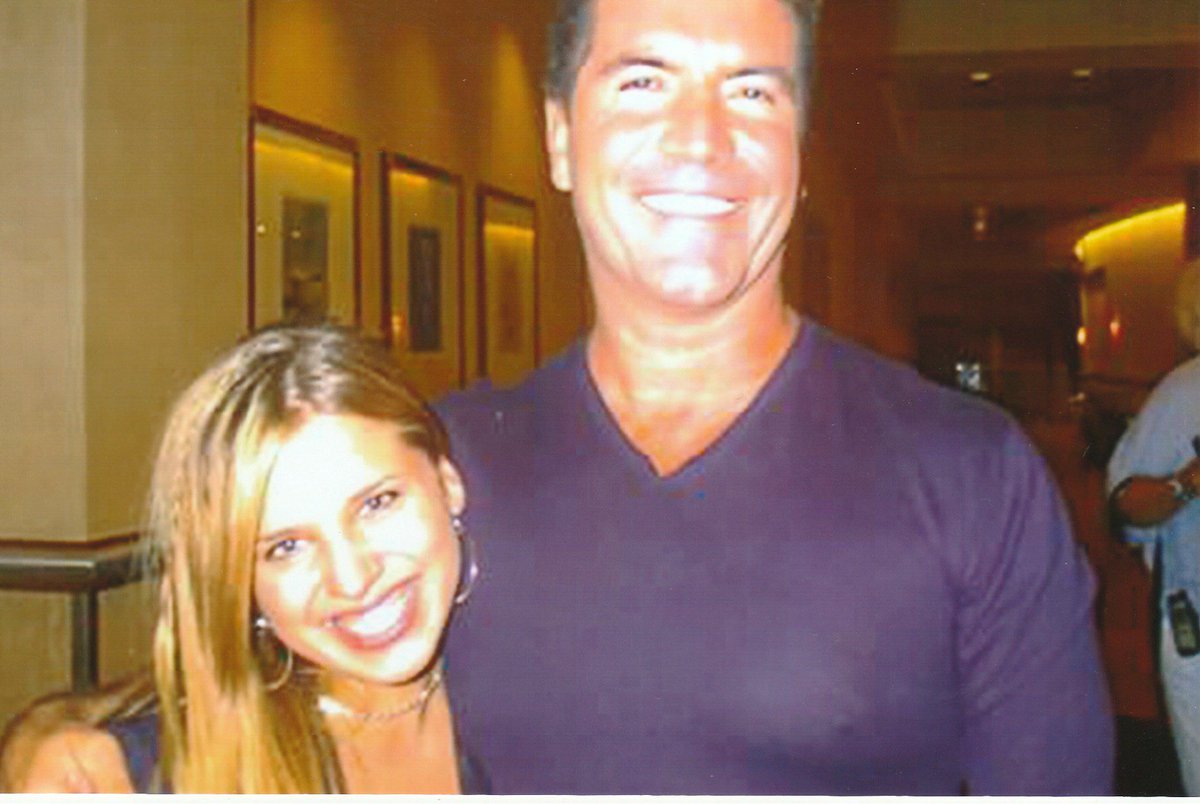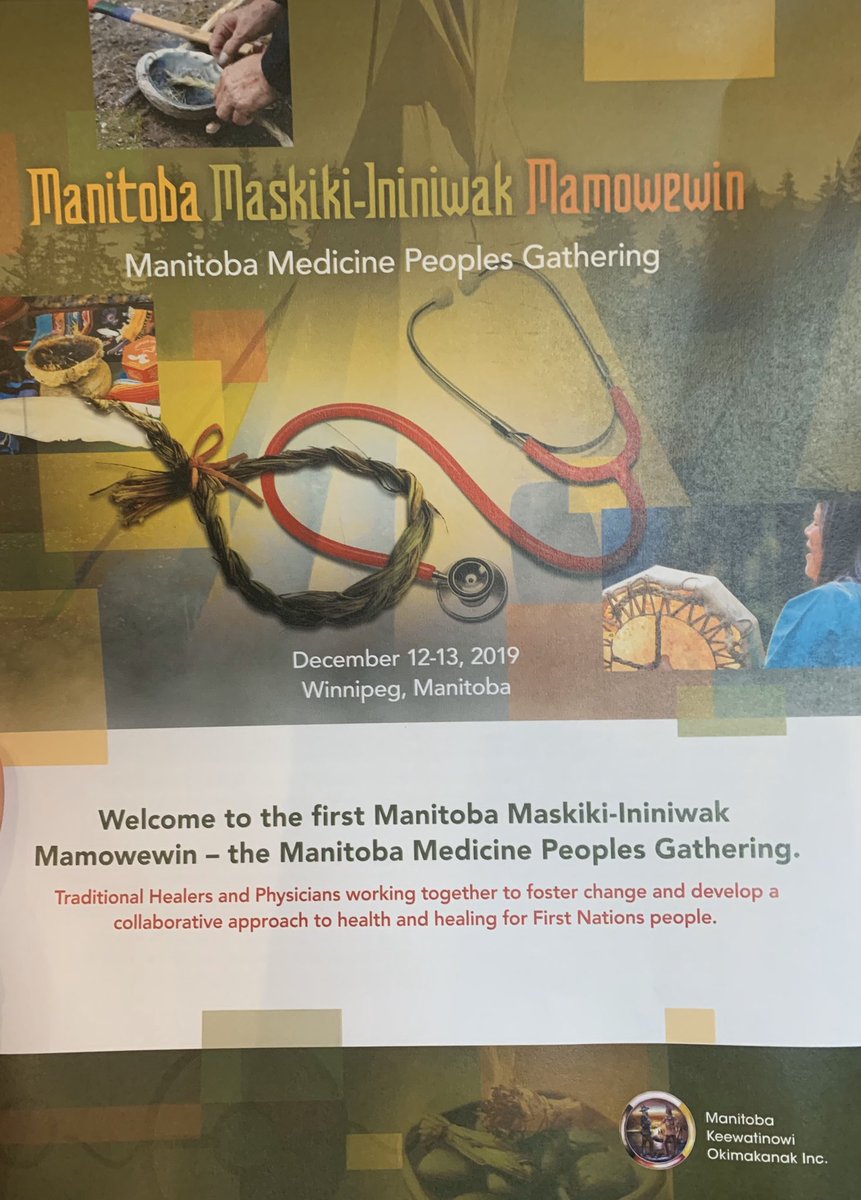
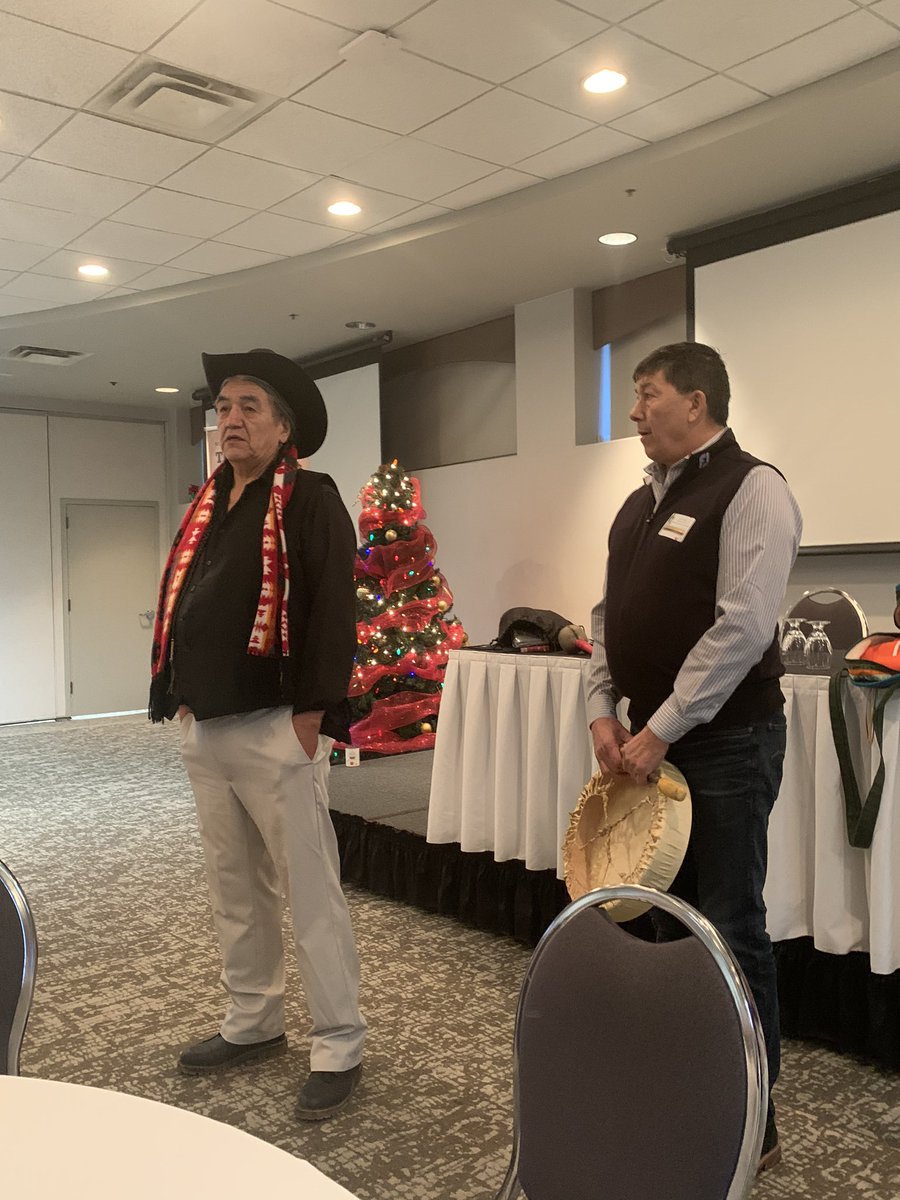
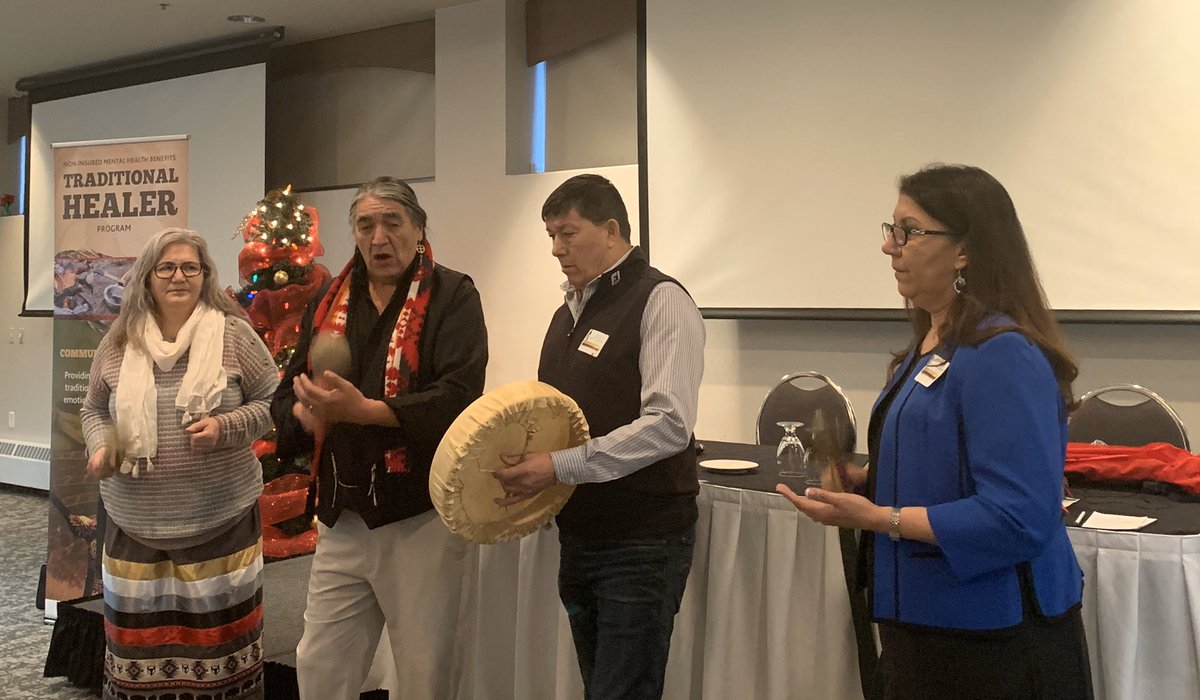
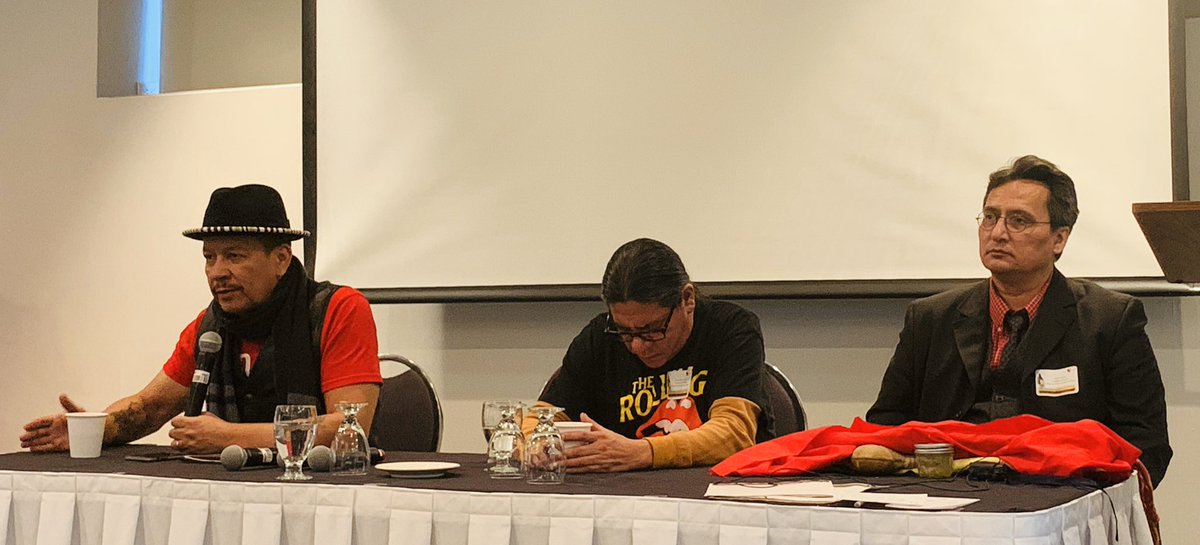
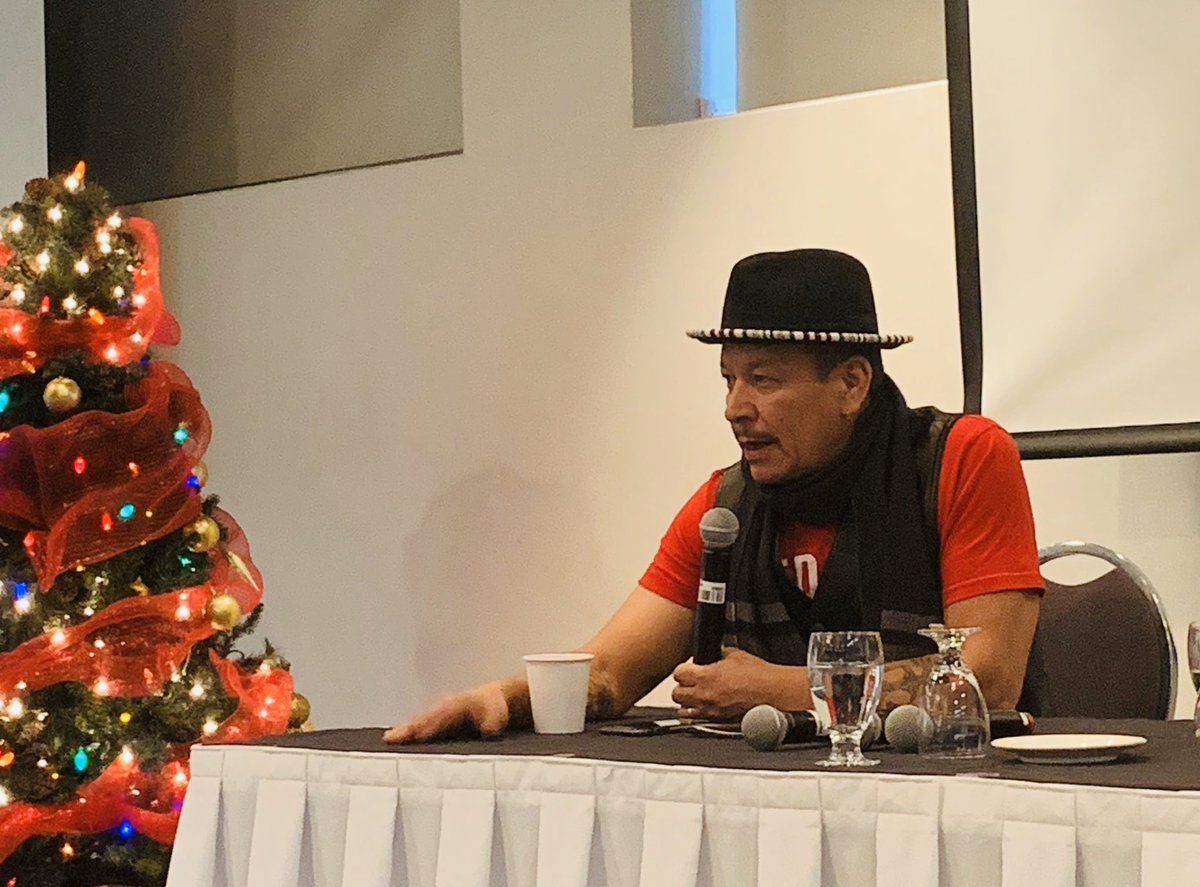
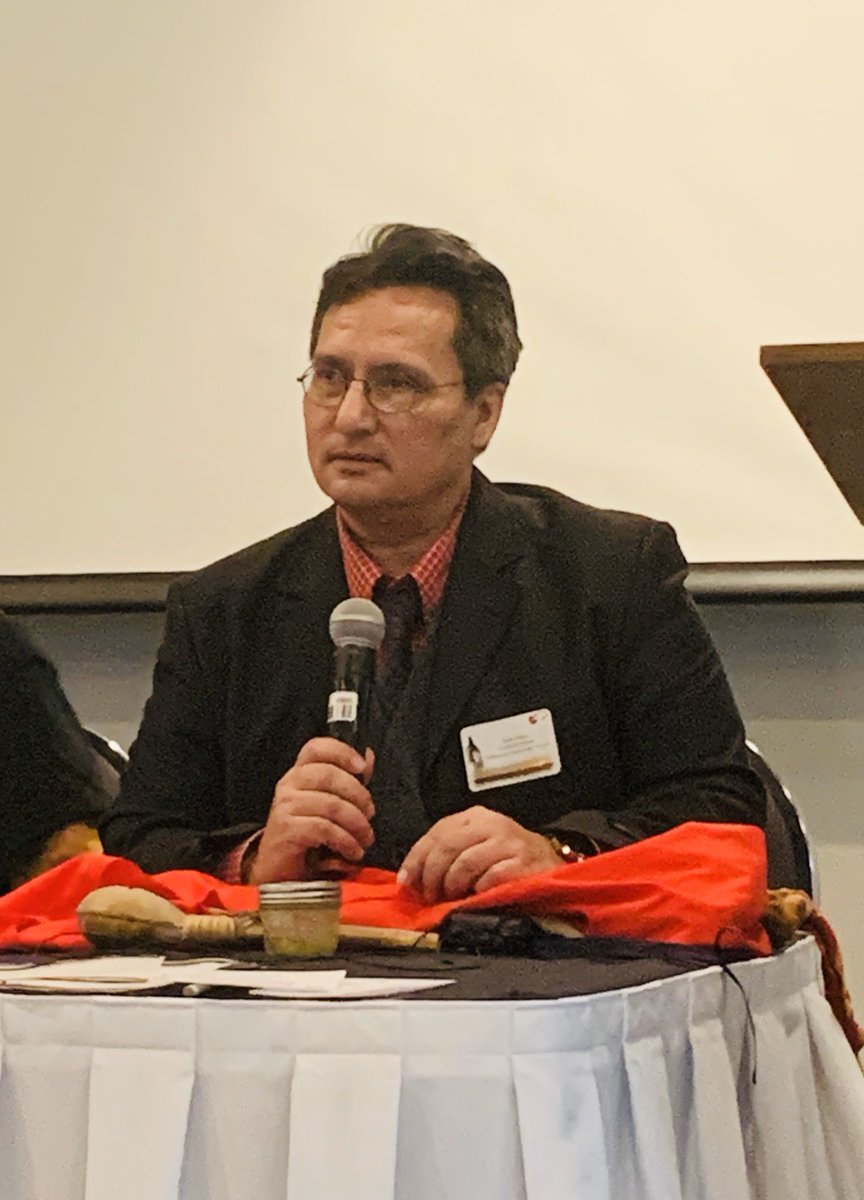
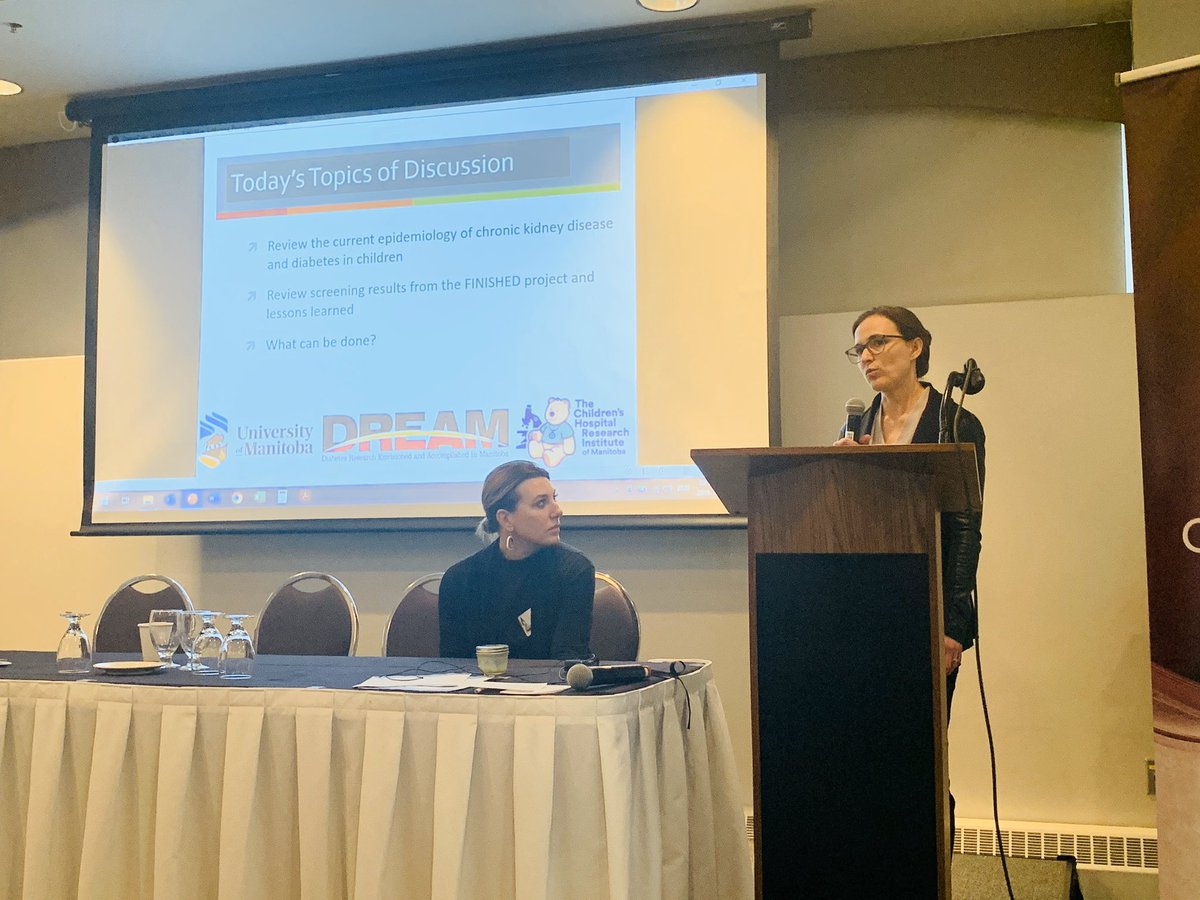
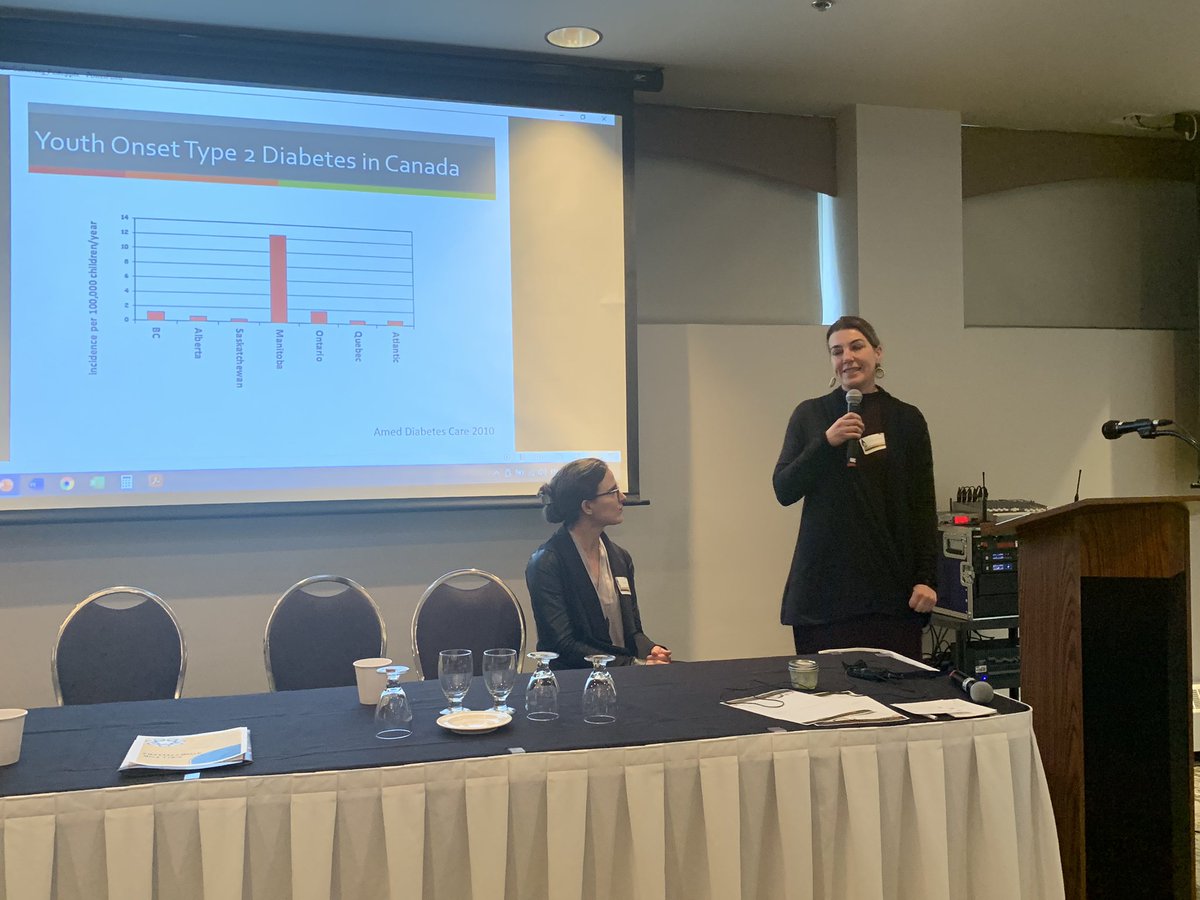
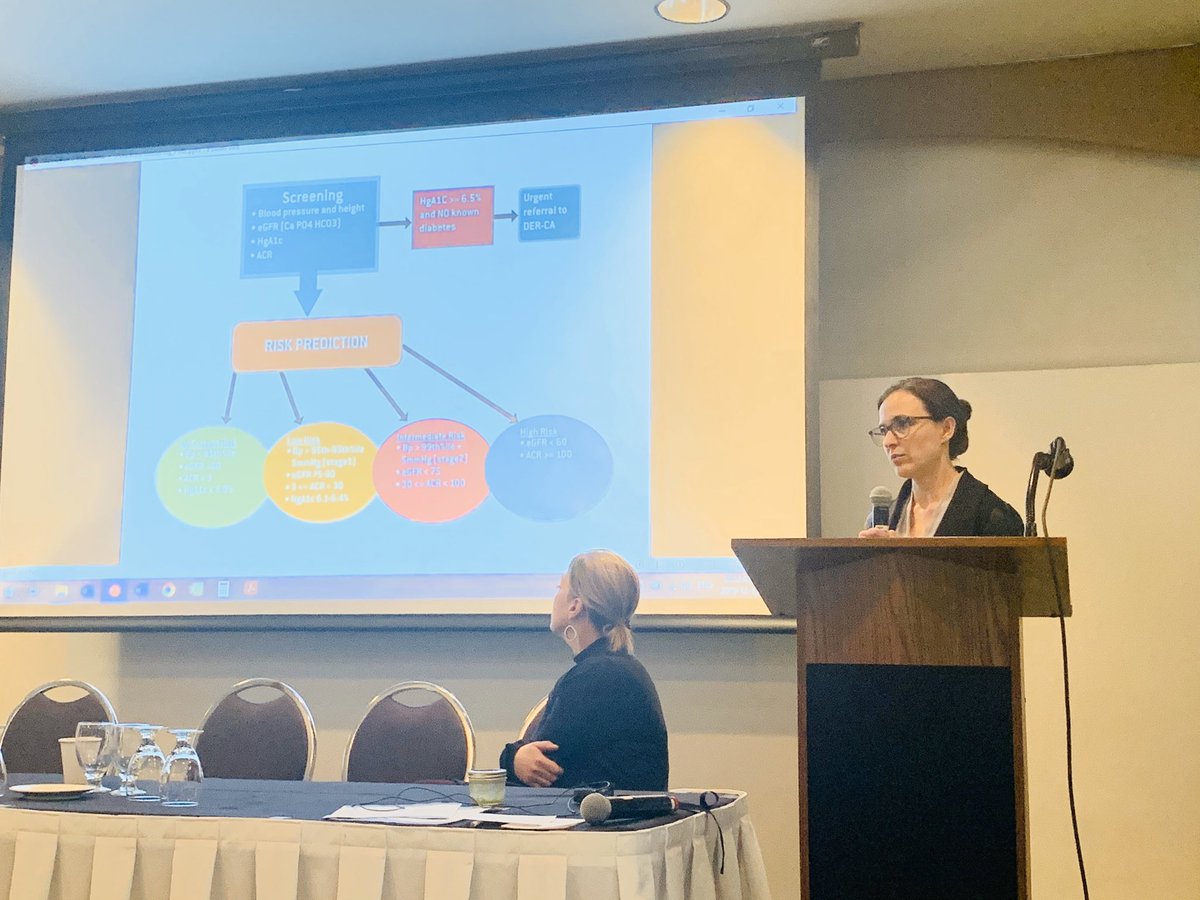
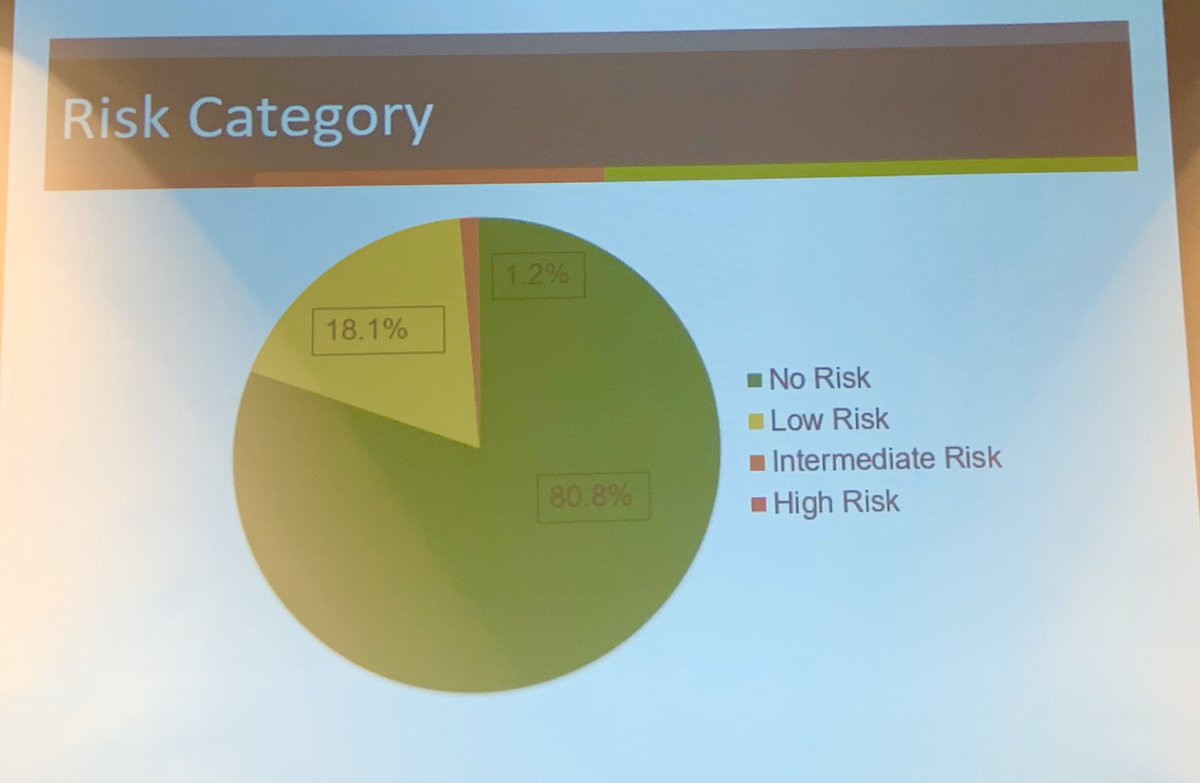
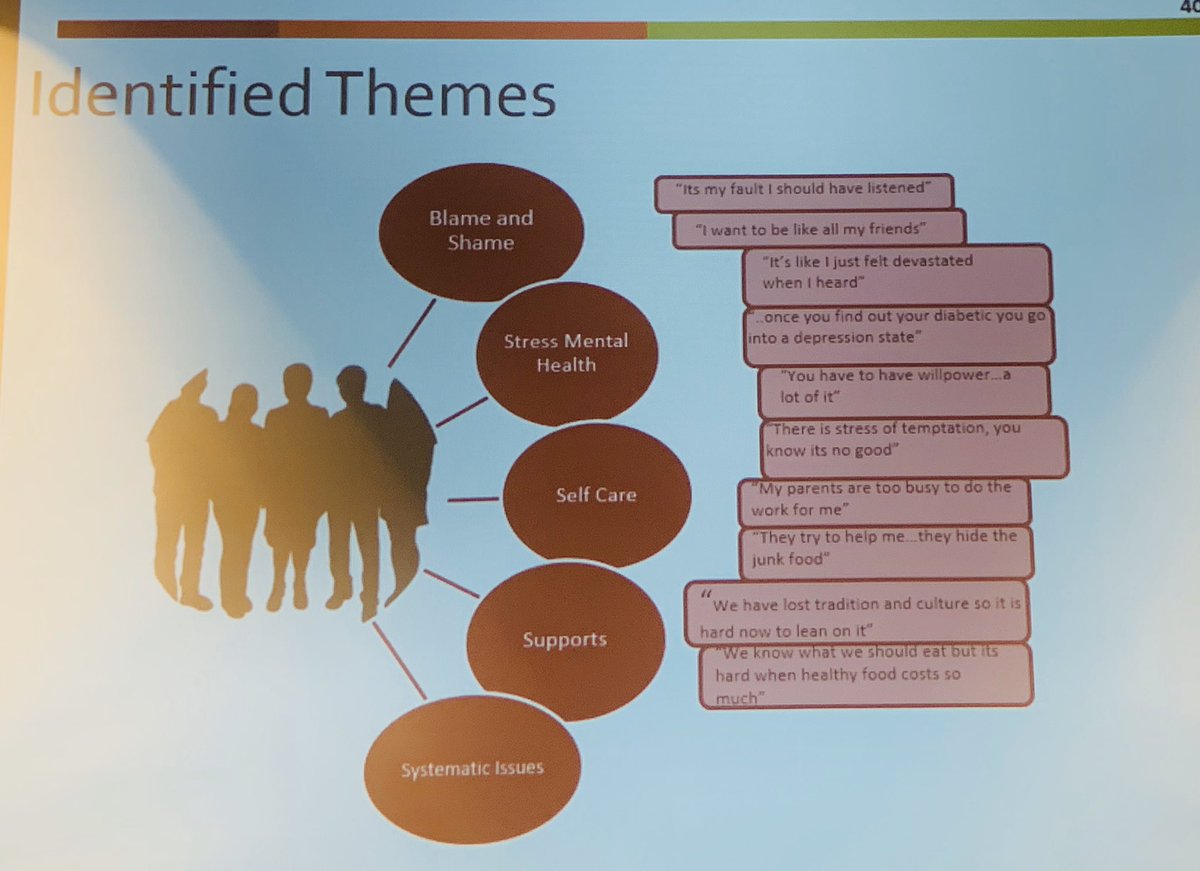
The doctors are now showing a video the children in their Patient Advisory Group wanted to create to address the issue of shame and stigma that are connected to living with Type 2 diabetes. #MKONorth
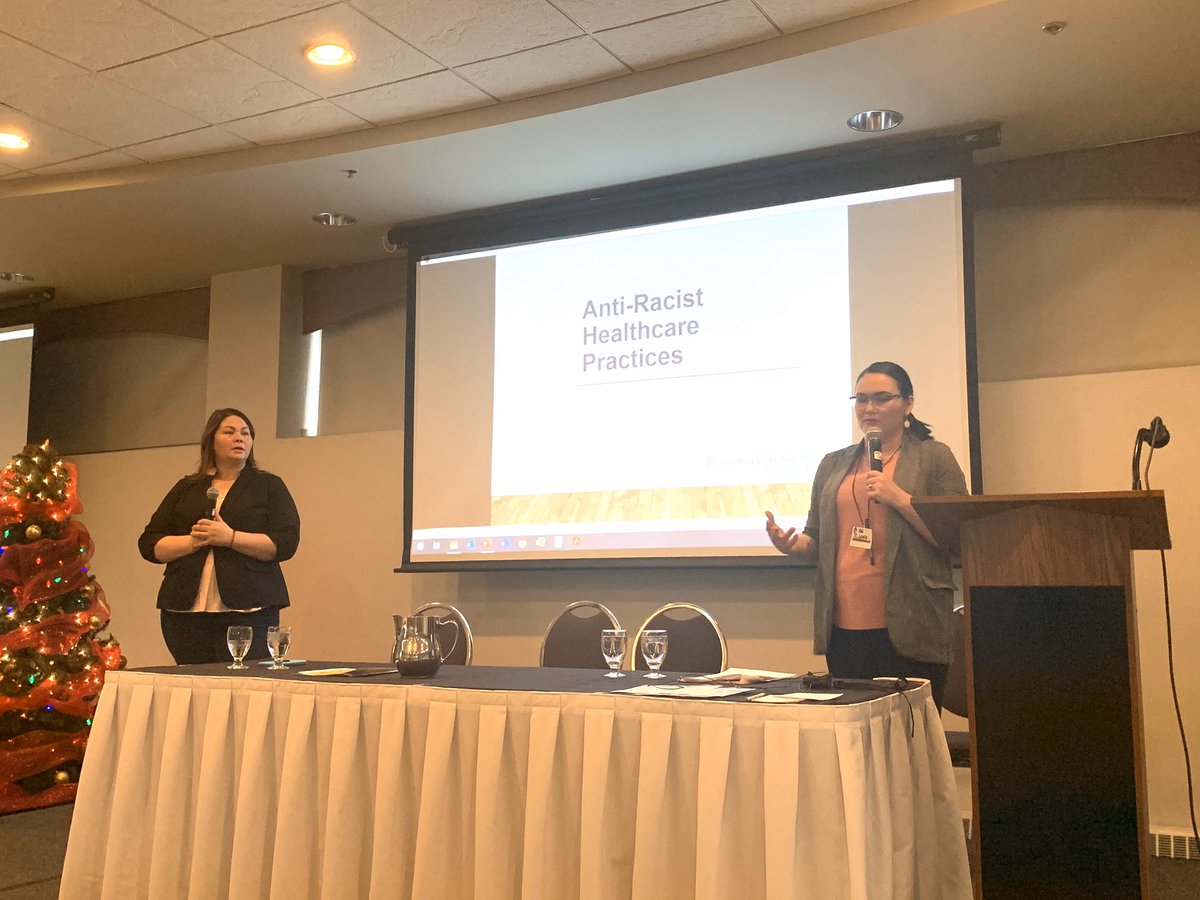
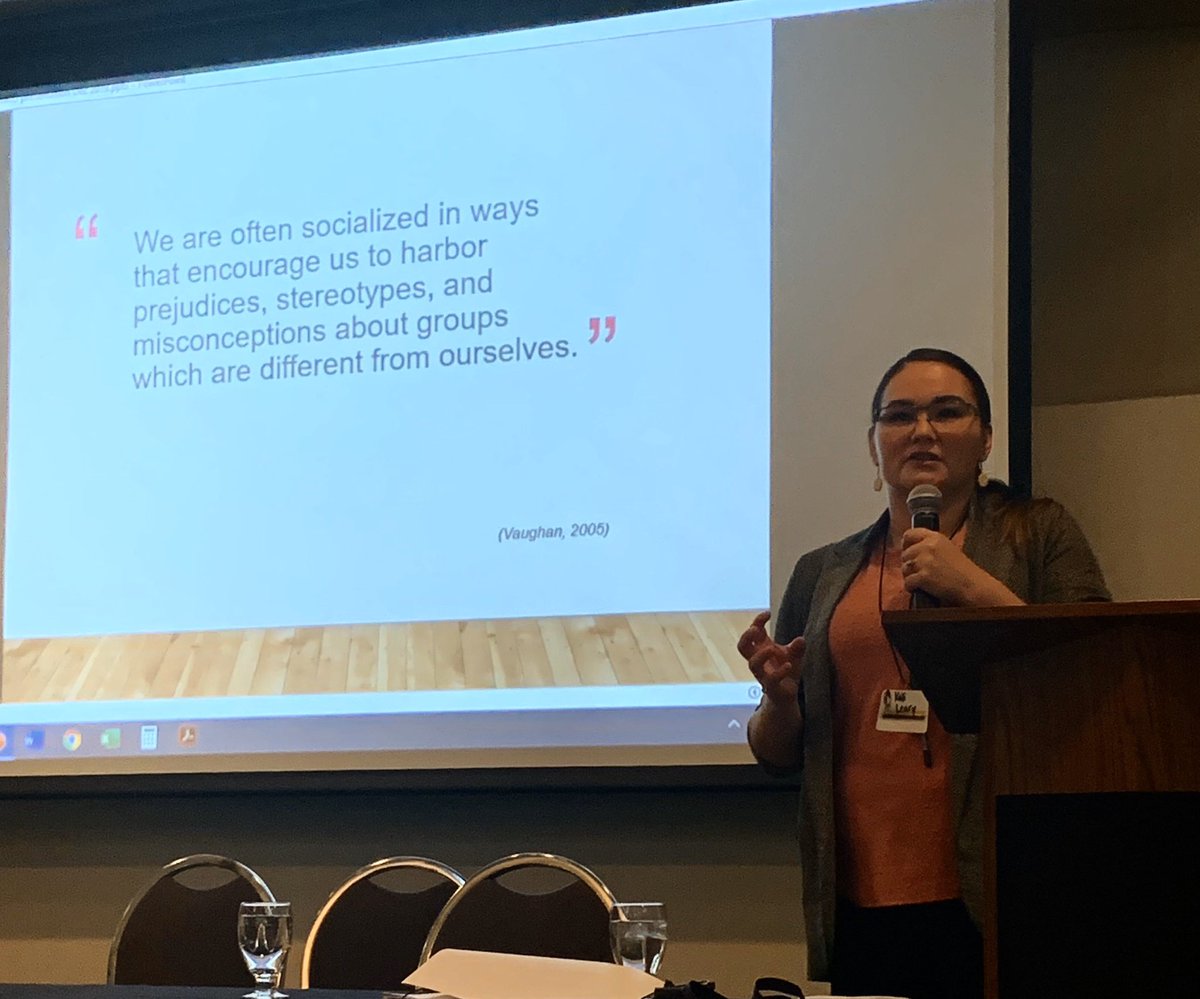
When you are helping people it’s best to ask, “What do I need to know about you?” This will give you information about how you can properly help them.
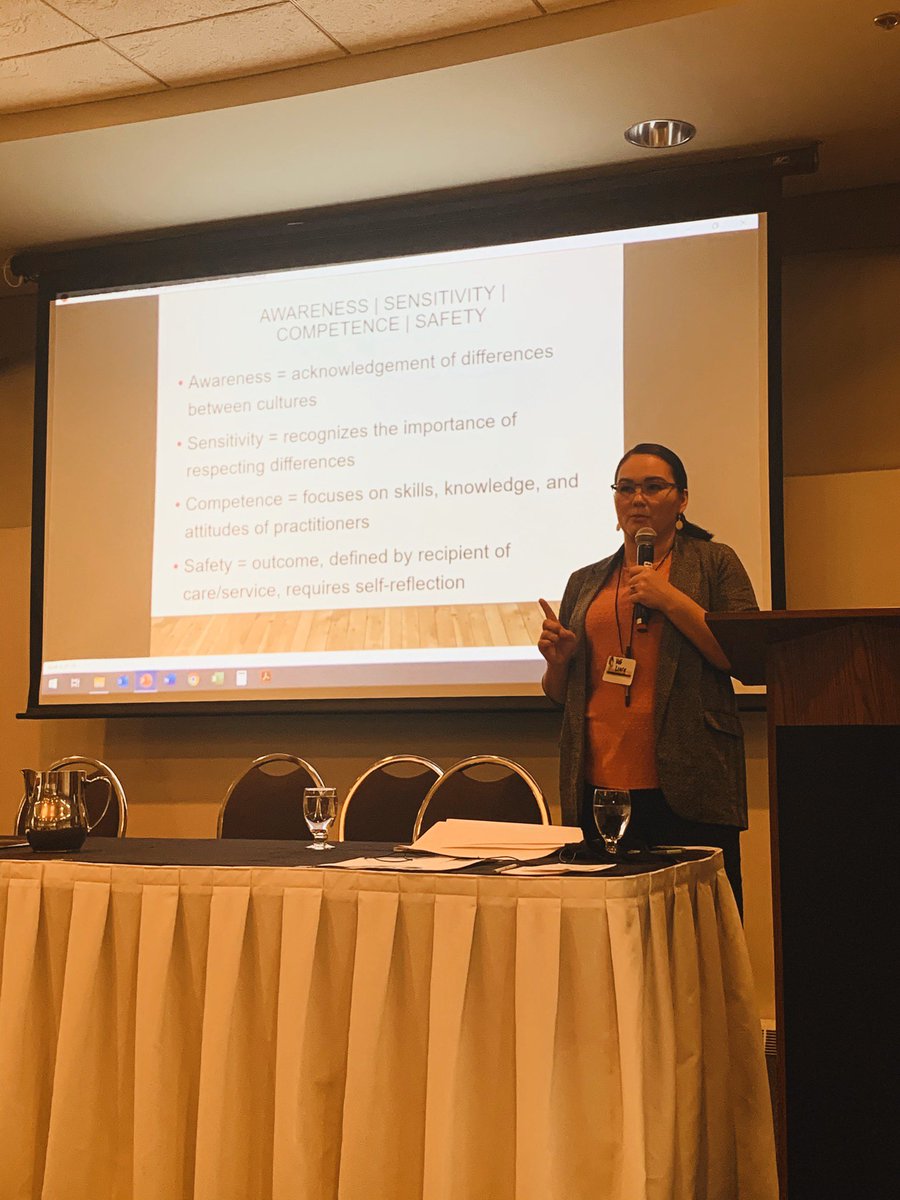
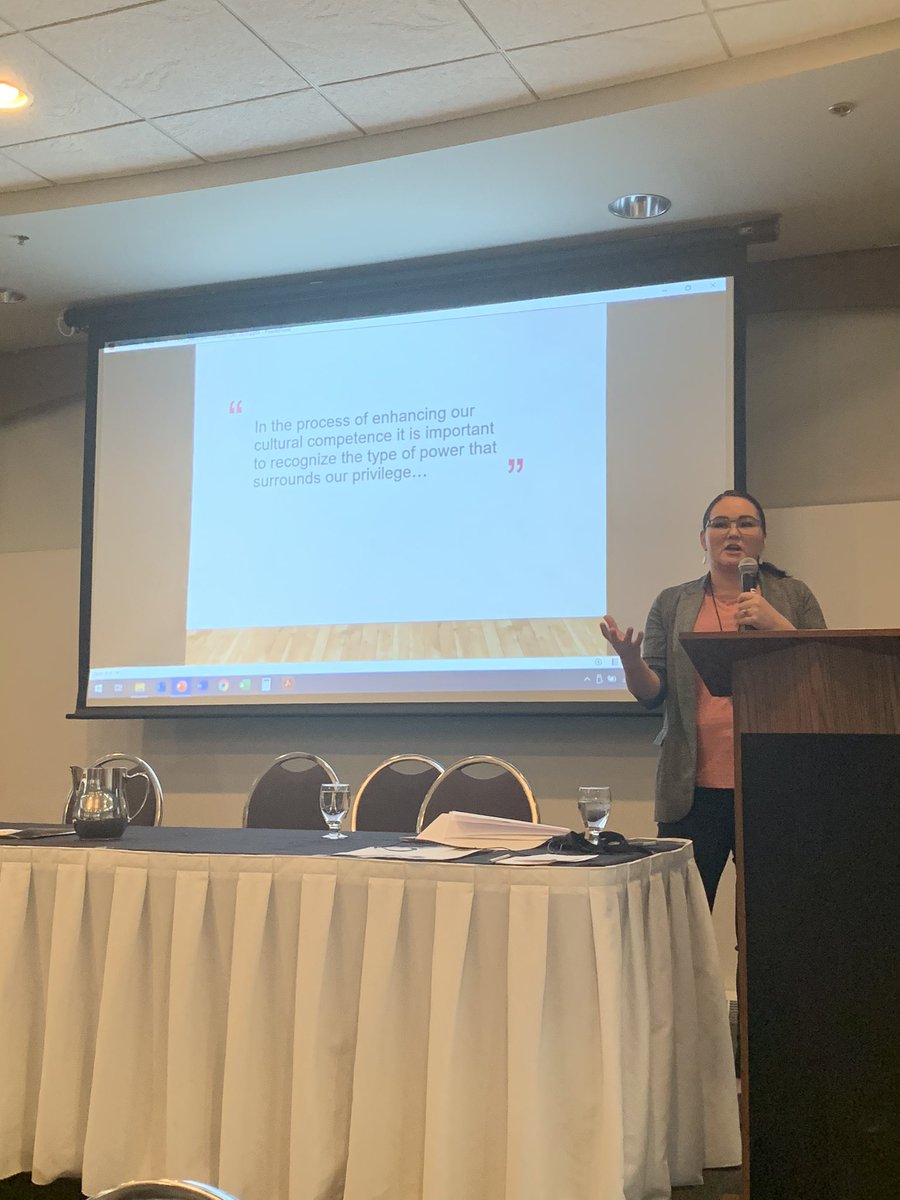
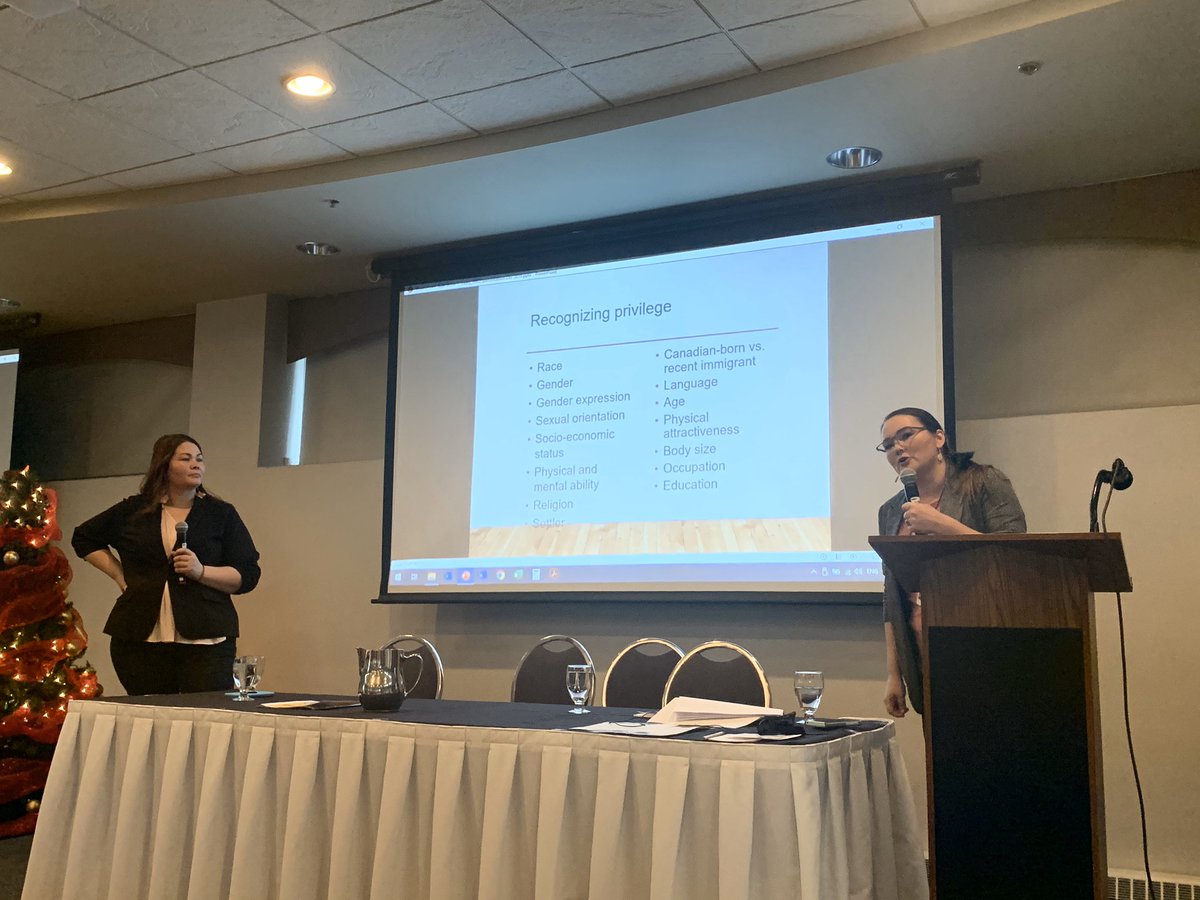
It is important for health care providers to be aware of the intergenerational effects of residential schools and colonialism and how these impact Indigenous peoples. #MKONorth
The panelists are Mervin McKay, Sheryl Blacksmith, and Jonas Gabriel Cook. These people are all recognized as Traditional Healers/Indigenous Knowledge Keepers. #MKONorth
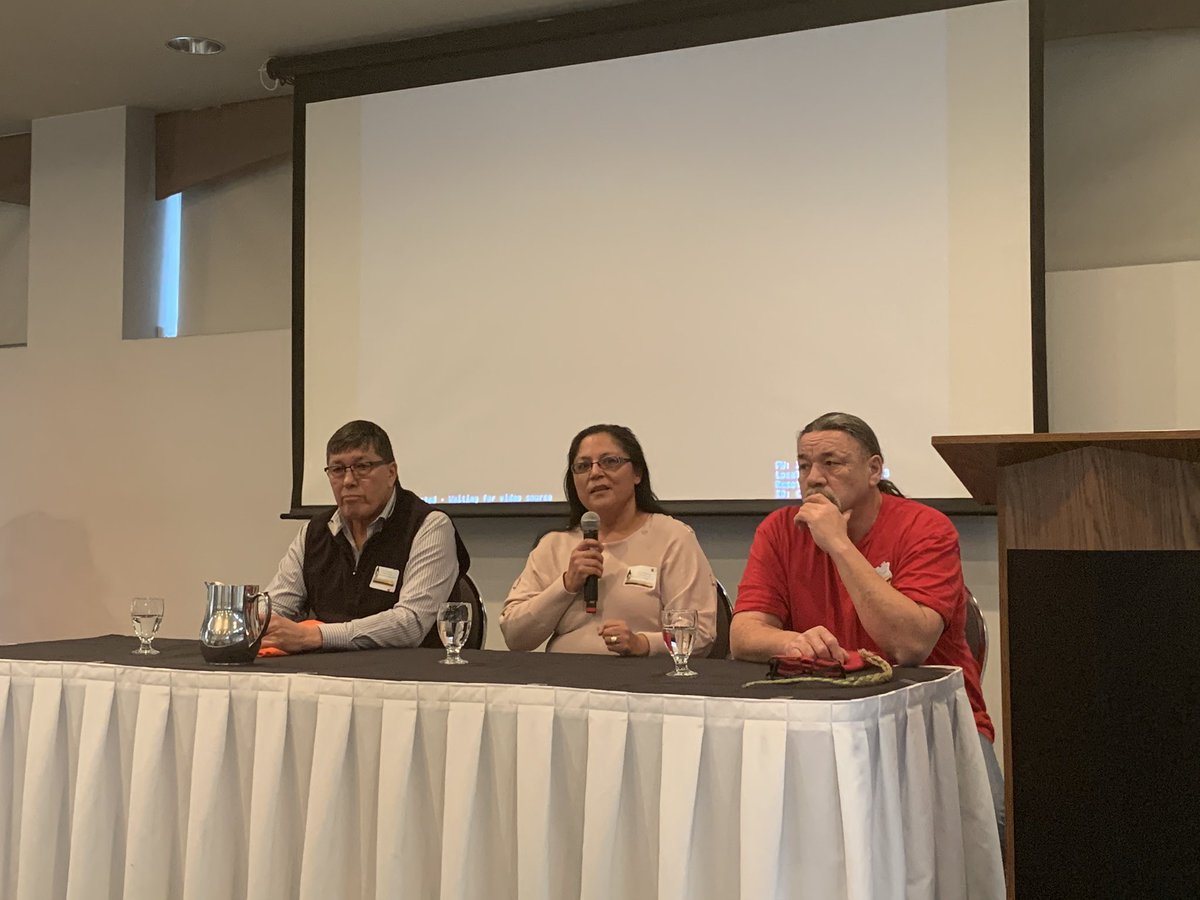
“We have to start working together and having an open mind.” #MKONorth
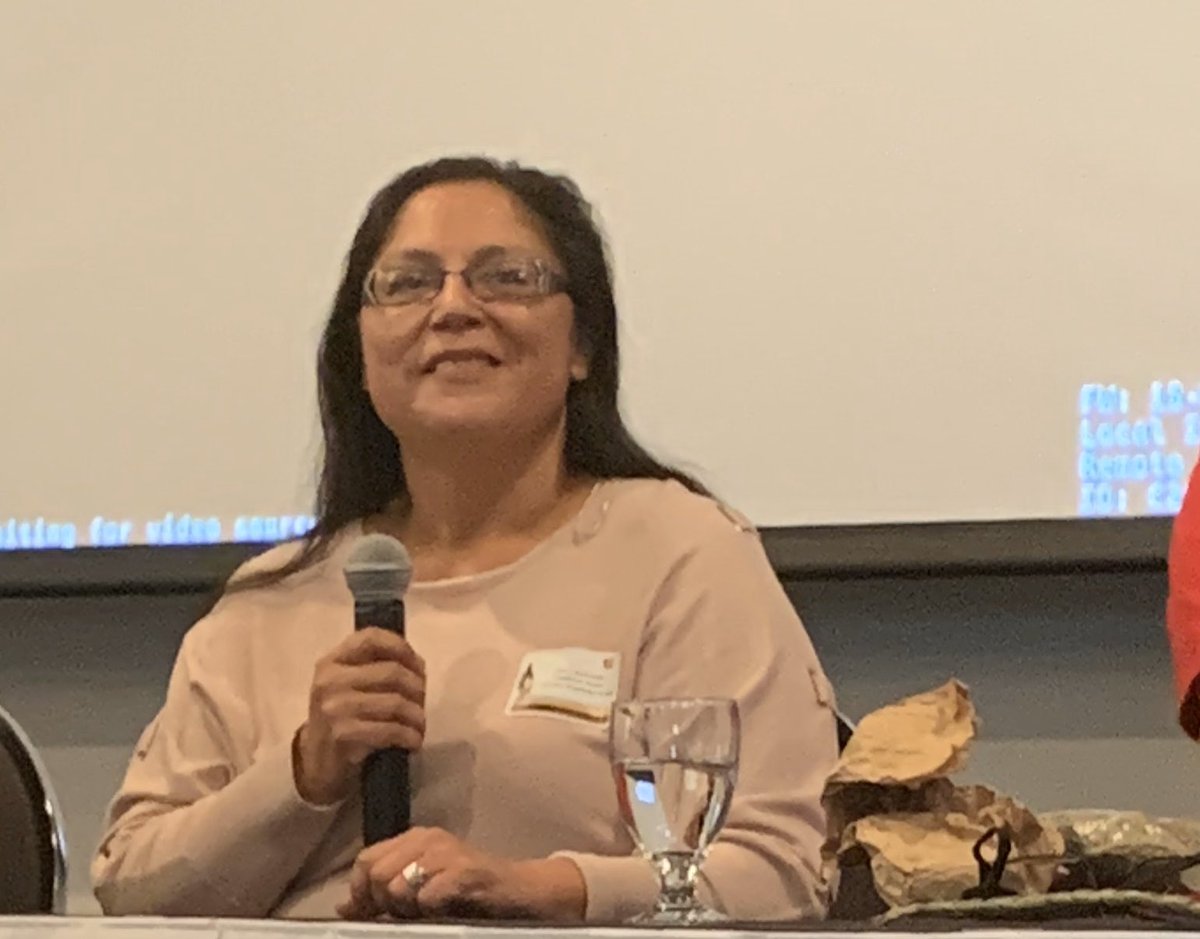
“You have to connect with the communities you are in... go & sit in those ceremonies.”
She encourages health care providers to ask to sit in ceremonies in the communities they serve.
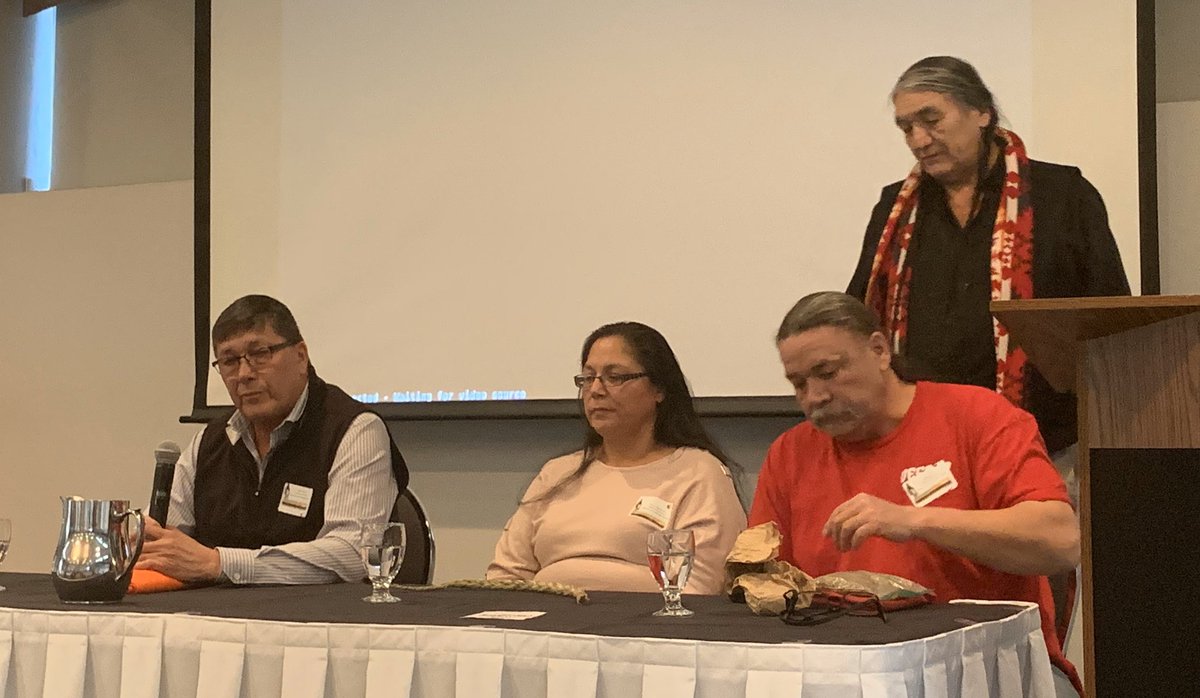
He has some of his medicines with him and is sharing stories about how he uses them with people to address addictions to prescription and other drugs, such as cocaine. #MKONorth
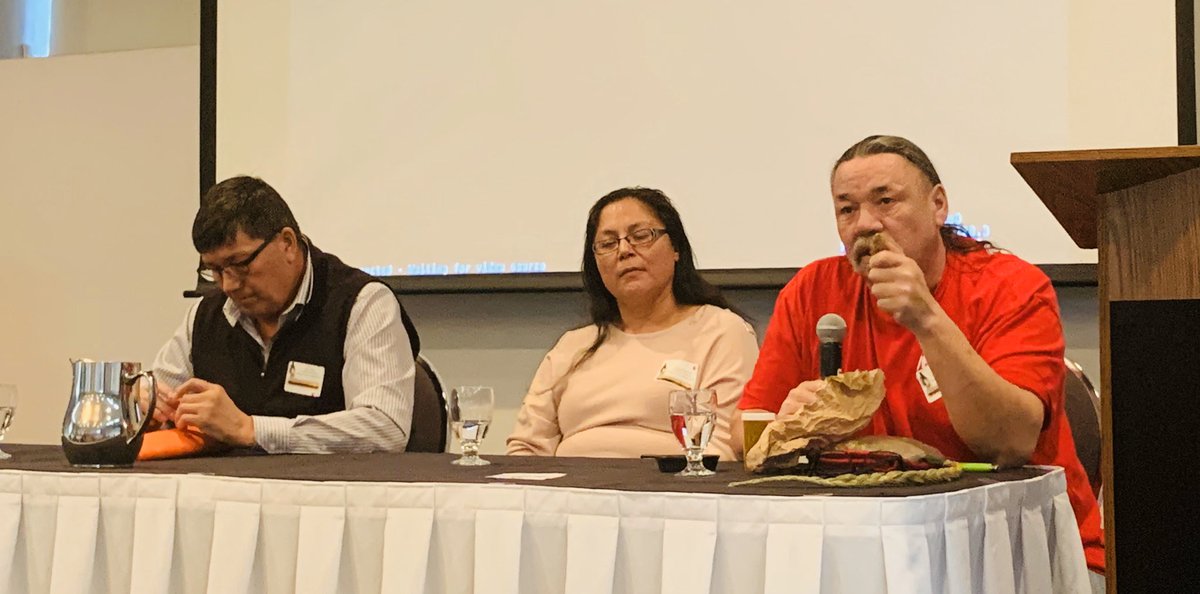
“I can’t tell you how to do your job but I can help you to make it better.”
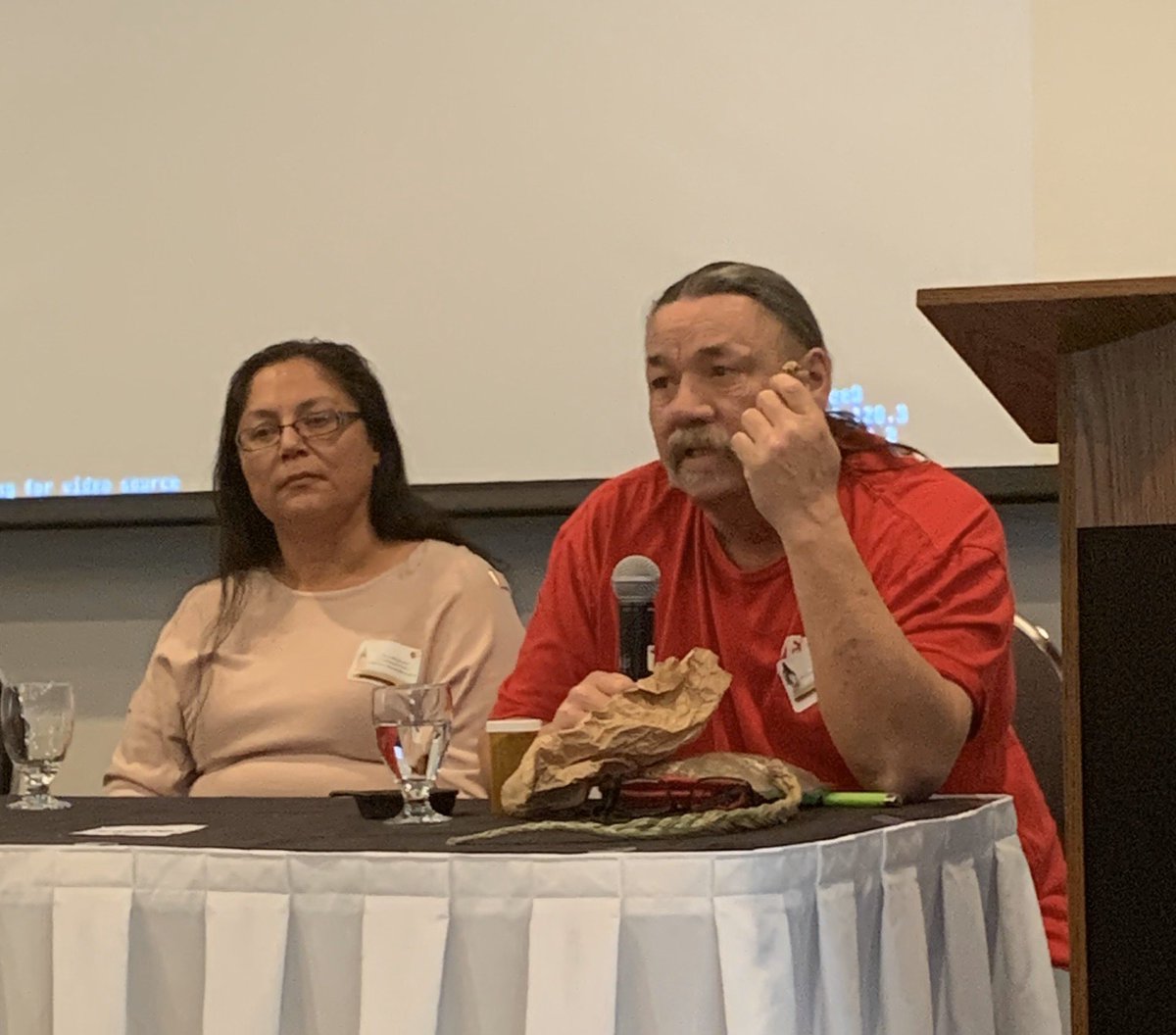
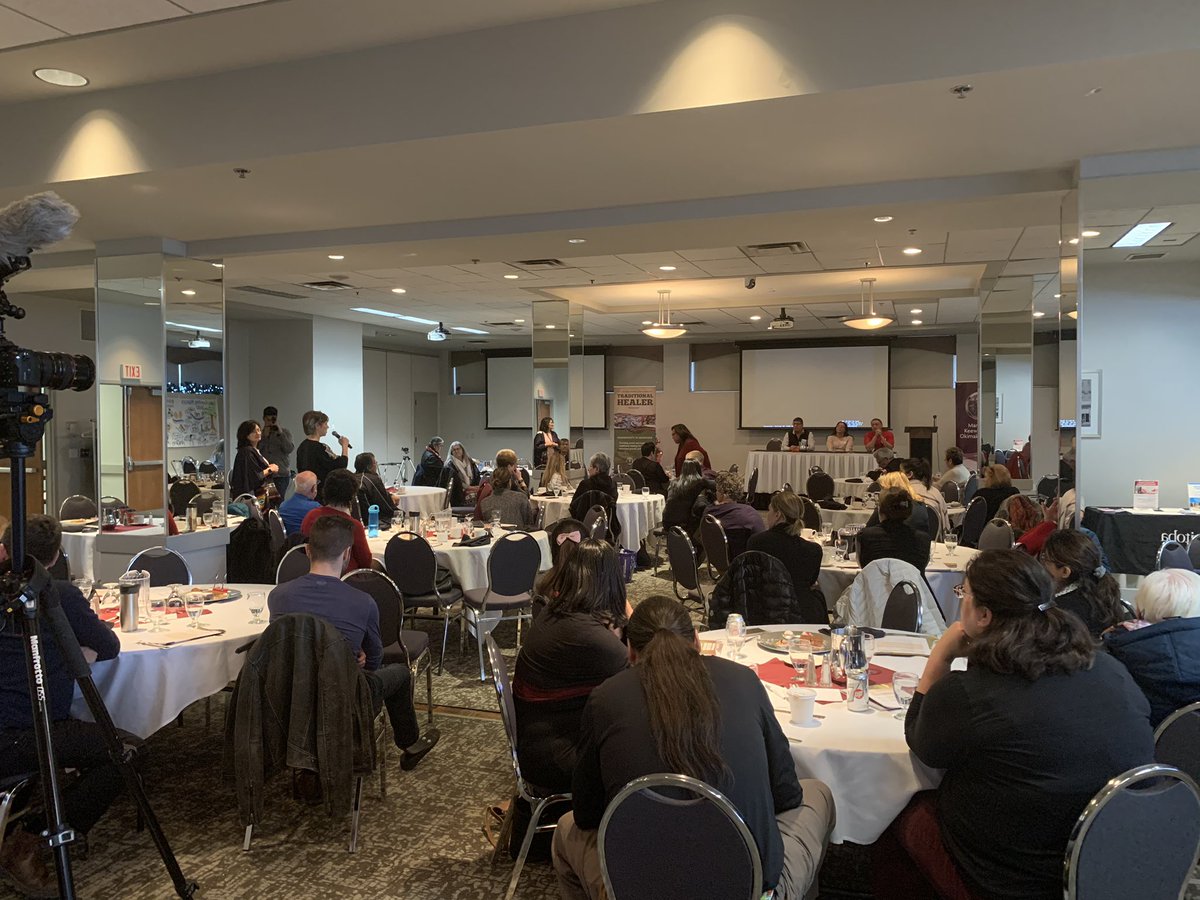
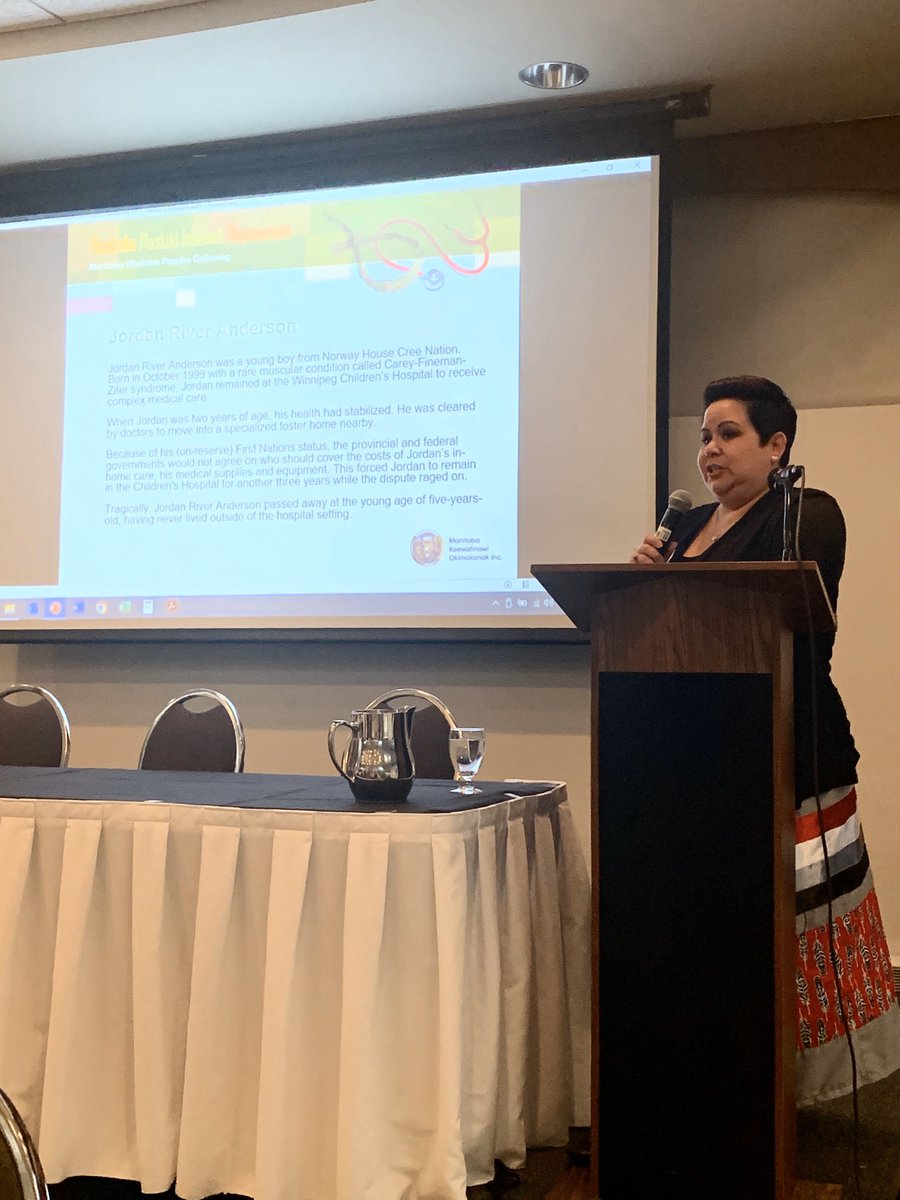
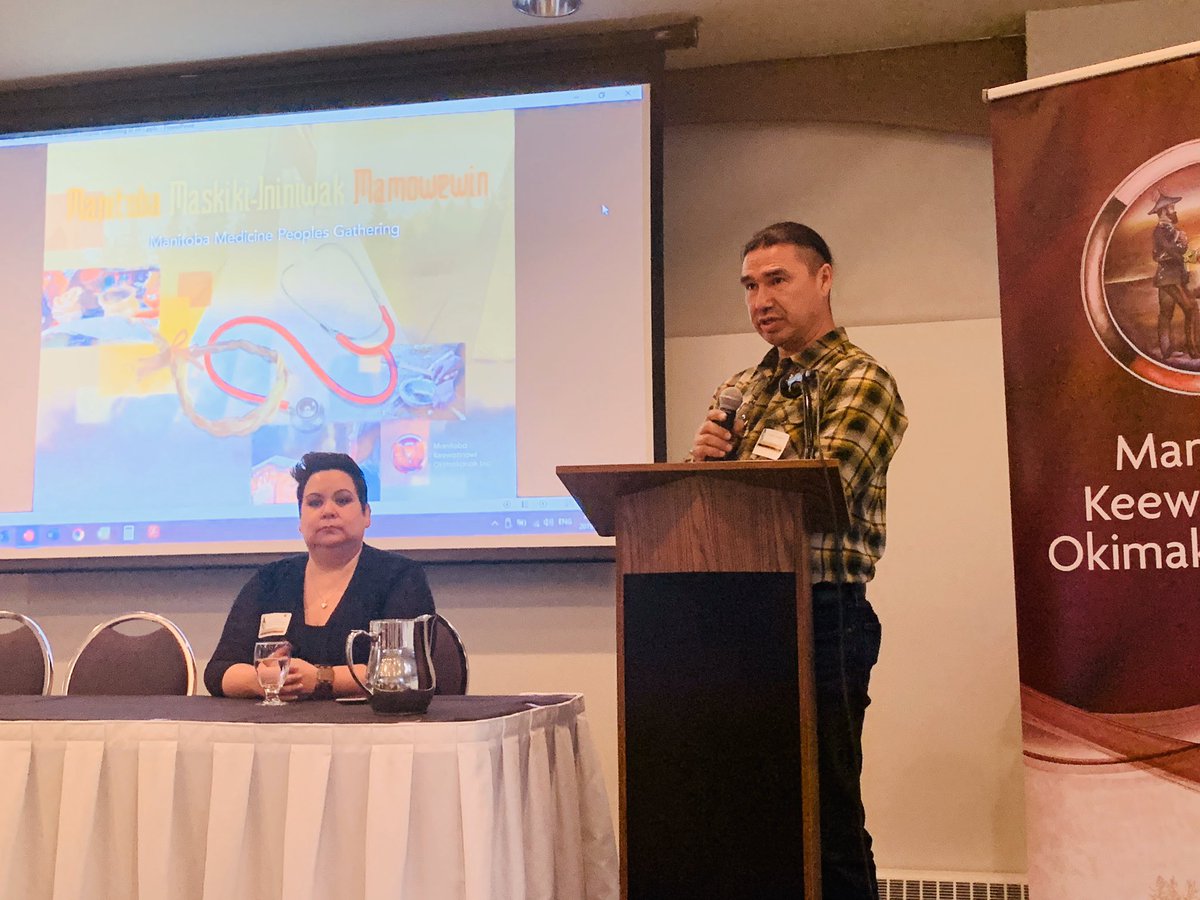
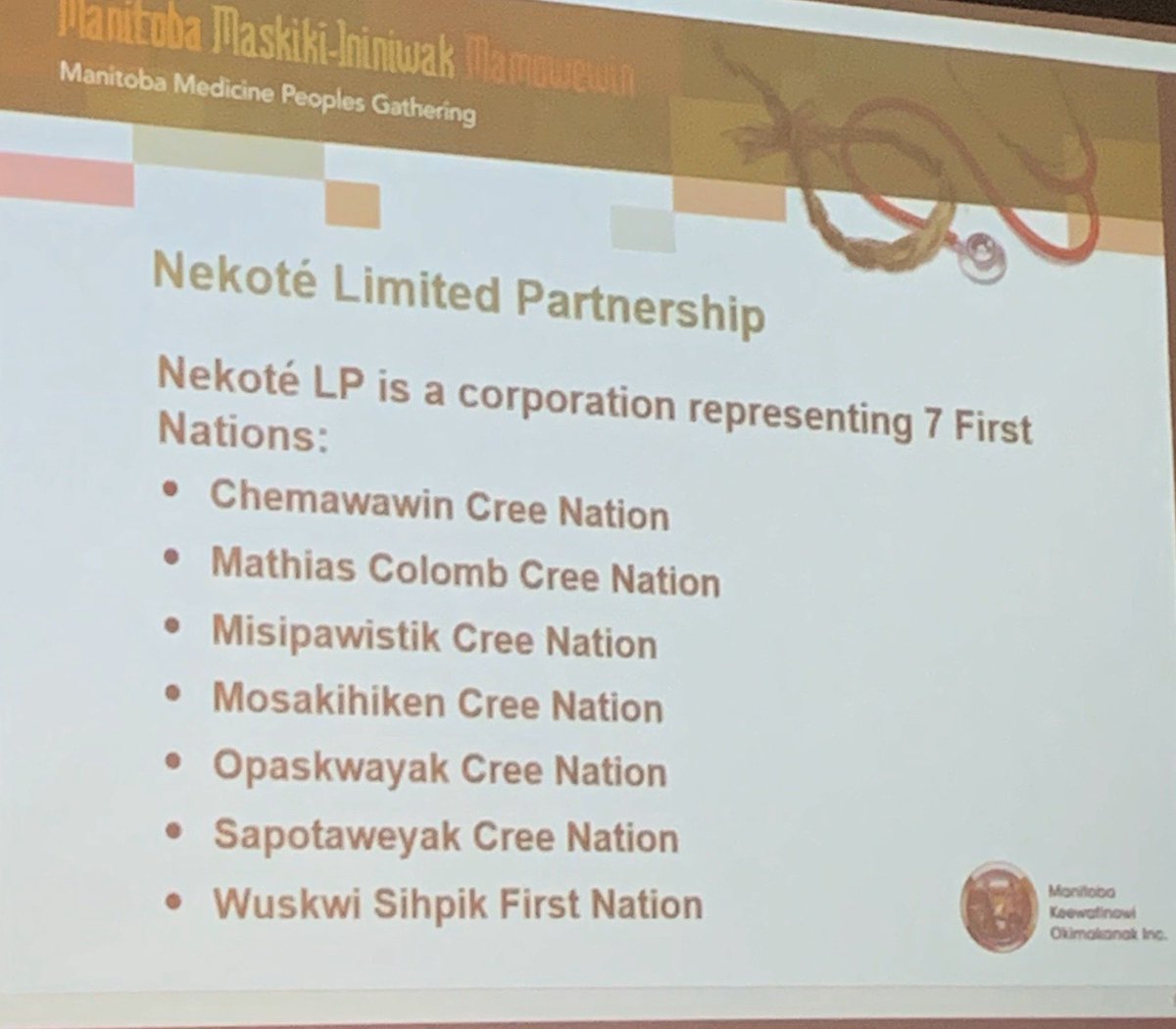
This session will conclude our gathering that has brought together Traditional Healers and practitioners of Western medicine. #MKONorth
He also says he noticed references to the mind, body, and spirit. He thought about these thing in relation to the braids.
He is telling stories about why our people live and behave in the manner we do. He says each of us have 128 ancestor spirits standing behind us. #MKONorth
He says although we travel forward in different canoes we need to reach out to one another.
We have created a photo album for the event here: facebook.com/16521422650772… #MKONorth
